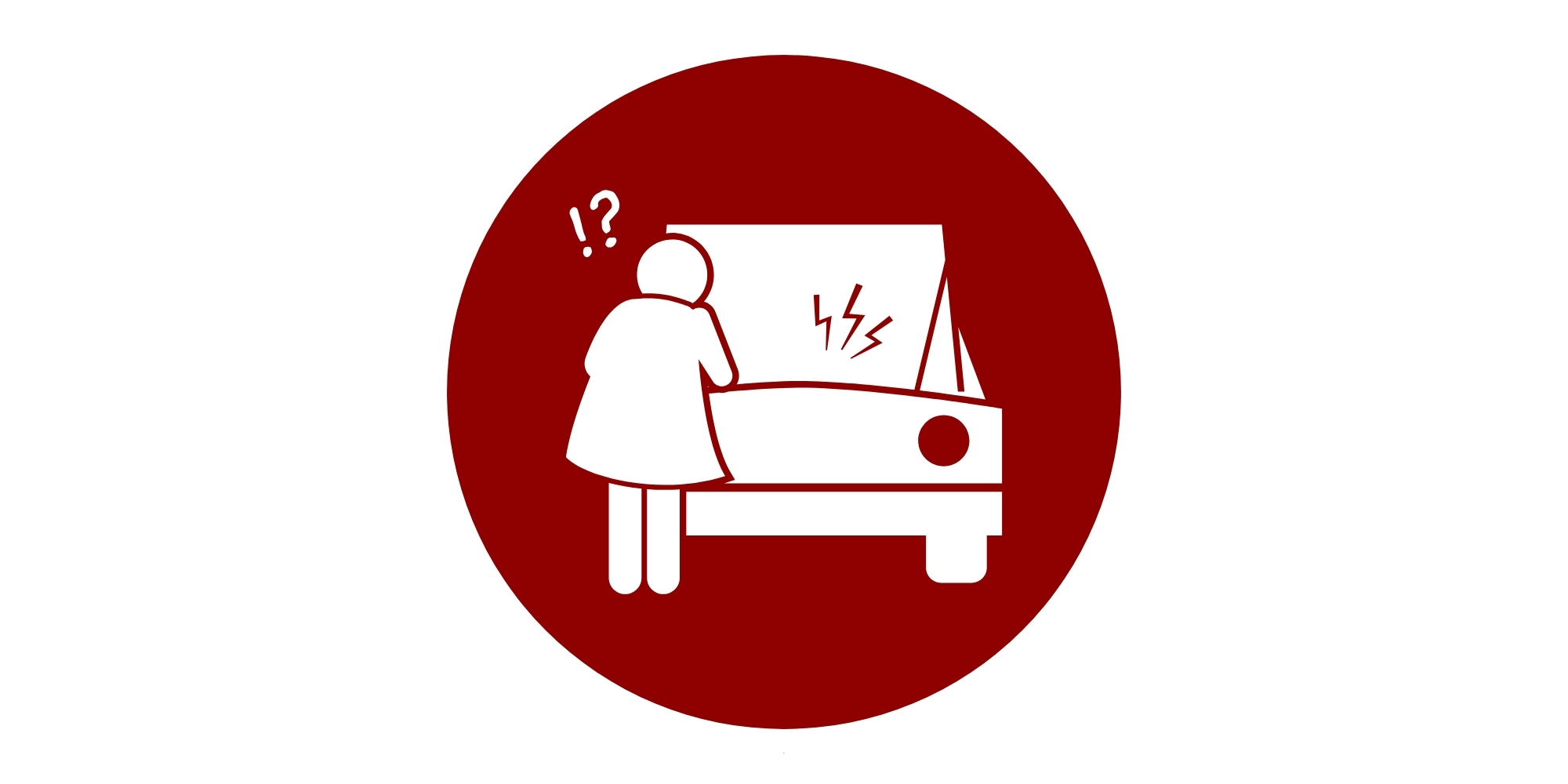Turn2Me Warns of 4 Red Flags for Catfishing & Launches Online Support Group for Victims
National mental health charity Turn2Me is raising awareness of catfishing and launching a free online support group on 5th Feb at 7pm.

National mental health charity Turn2Me is raising awareness about the dangers of catfishing and highlighting four key red flags to help people spot online deception. To support those who have been affected, Turn2Me is launching a free online support group for victims of catfishing on Wednesday, 5th February at 7pm available on Turn2Me.ie. This support group will provide a safe, anonymous, and non-judgmental space for people to share their experiences, seek guidance, and begin healing.
4 Red Flags That Could Signal You’re Being Catfished
- They Avoid Video Calls or In-Person Meetings
One of the biggest red flags of a catfish is their refusal to meet in person or do live video calls. They often make excuses like a broken camera, poor internet connection, or work commitments. If someone you’ve been talking to online consistently avoids real-time interactions, it may be a sign they are not who they claim to be.
- Their Story Has Inconsistencies
Catfishers struggle to keep their lies straight. They may tell different versions of their backstory, change details about their job, family, or location, or forget what they’ve previously told you. If their answers seem vague, conflicting, or constantly shifting, it’s a major warning sign.
- They Move the Relationship Forward Too Quickly
Catfishers often try to fast-track relationships, showering their targets with excessive compliments, emotional confessions, or even declarations of love after just a few conversations. This is called "love bombing", and it’s a manipulative tactic to gain trust before revealing ulterior motives.
- They Ask for Money or Personal Favors
A common goal of catfishing is financial or emotional exploitation. If someone you’ve never met asks for money, gift cards, or even personal information (such as your address, ID details, or banking information), this is a major red flag. Never send money or share sensitive information with someone you haven’t met in person.
For those who have been deceived by a catfish, Turn2Me’s online support group on 5th February at 7pm offers a safe space to process the experience, gain insights, and connect with others who have gone through similar situations.
"Being catfished can leave victims feeling betrayed, ashamed, and isolated," said Fiona O’Malley, CEO of Turn2Me. "It’s important for people to know they are not alone and that support is available. Our online support group provides a space where victims can talk openly, receive guidance from professional therapists, and start their journey to emotional recovery. Turn2Me also offers up to six free counselling sessions to adults living in Ireland."
The support group is open to anyone who has been catfished, whether in a romantic relationship, friendship, or financial scam. The sessions are anonymous and confidential, ensuring a safe space for participants to express their emotions without fear of judgment.
People can sign up for free at www.Turn2Me.ie. Since the sessions are held online, they are accessible to people across Ireland from the comfort of their own homes.
Turn2Me encourages anyone affected by catfishing to attend the session and take the first step towards healing and rebuilding trust.
